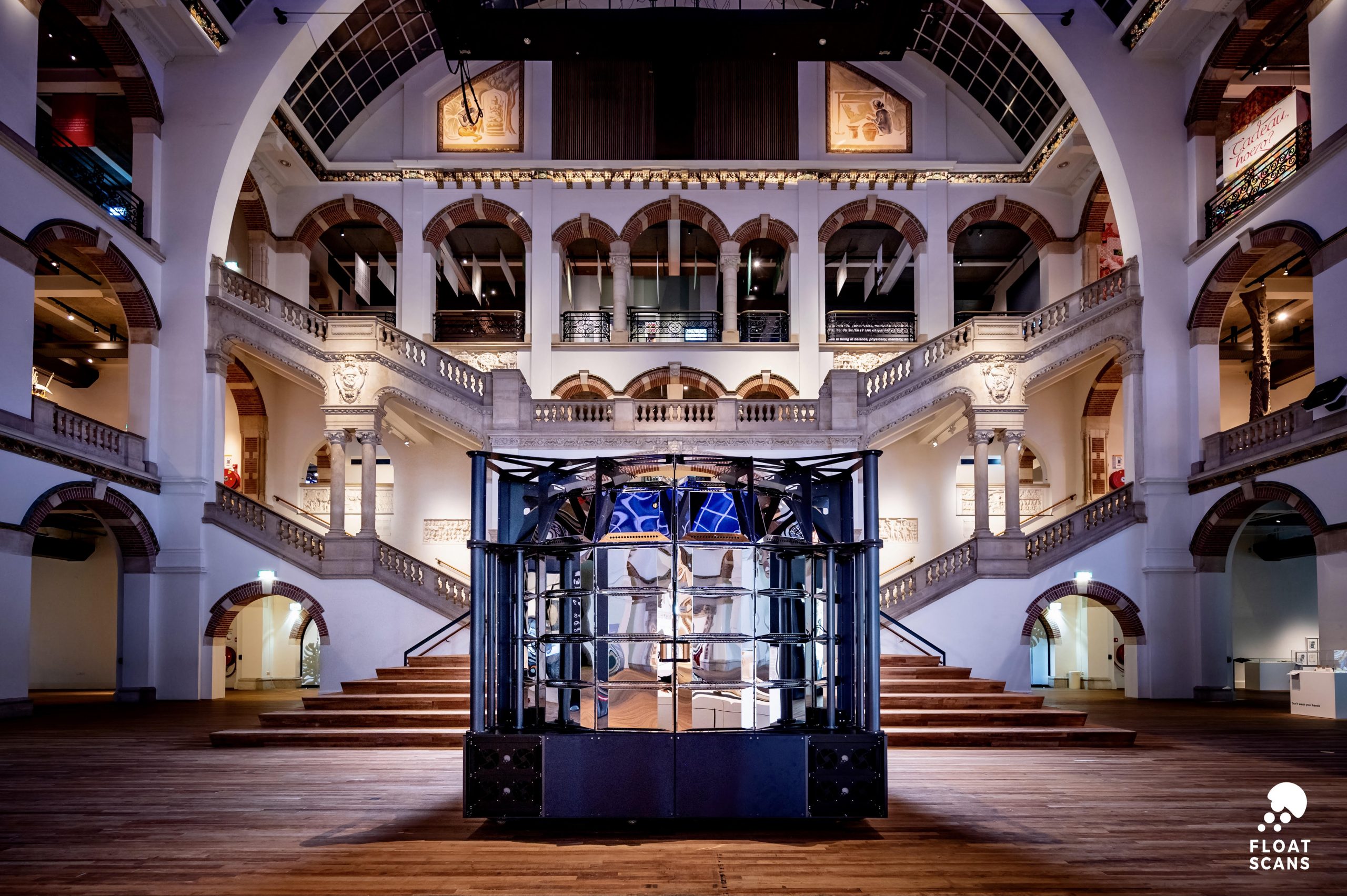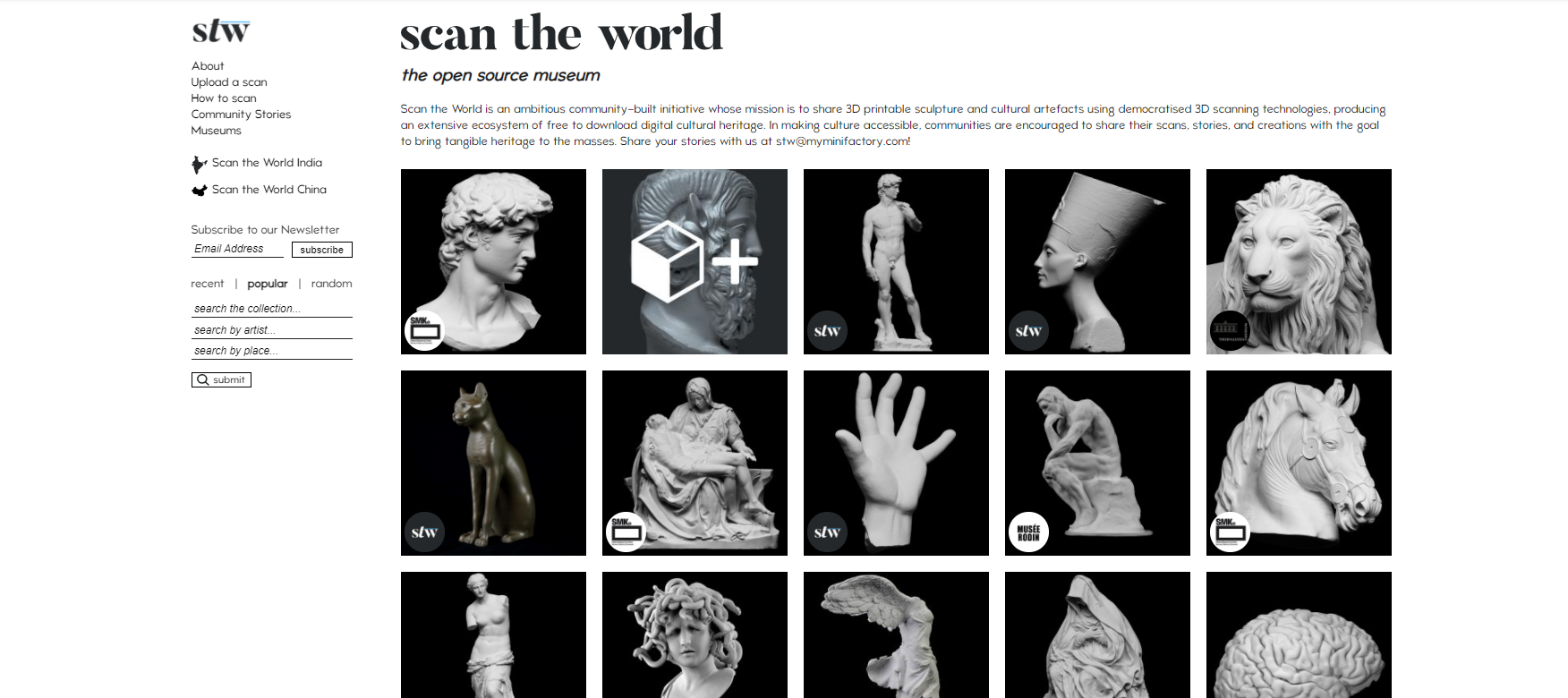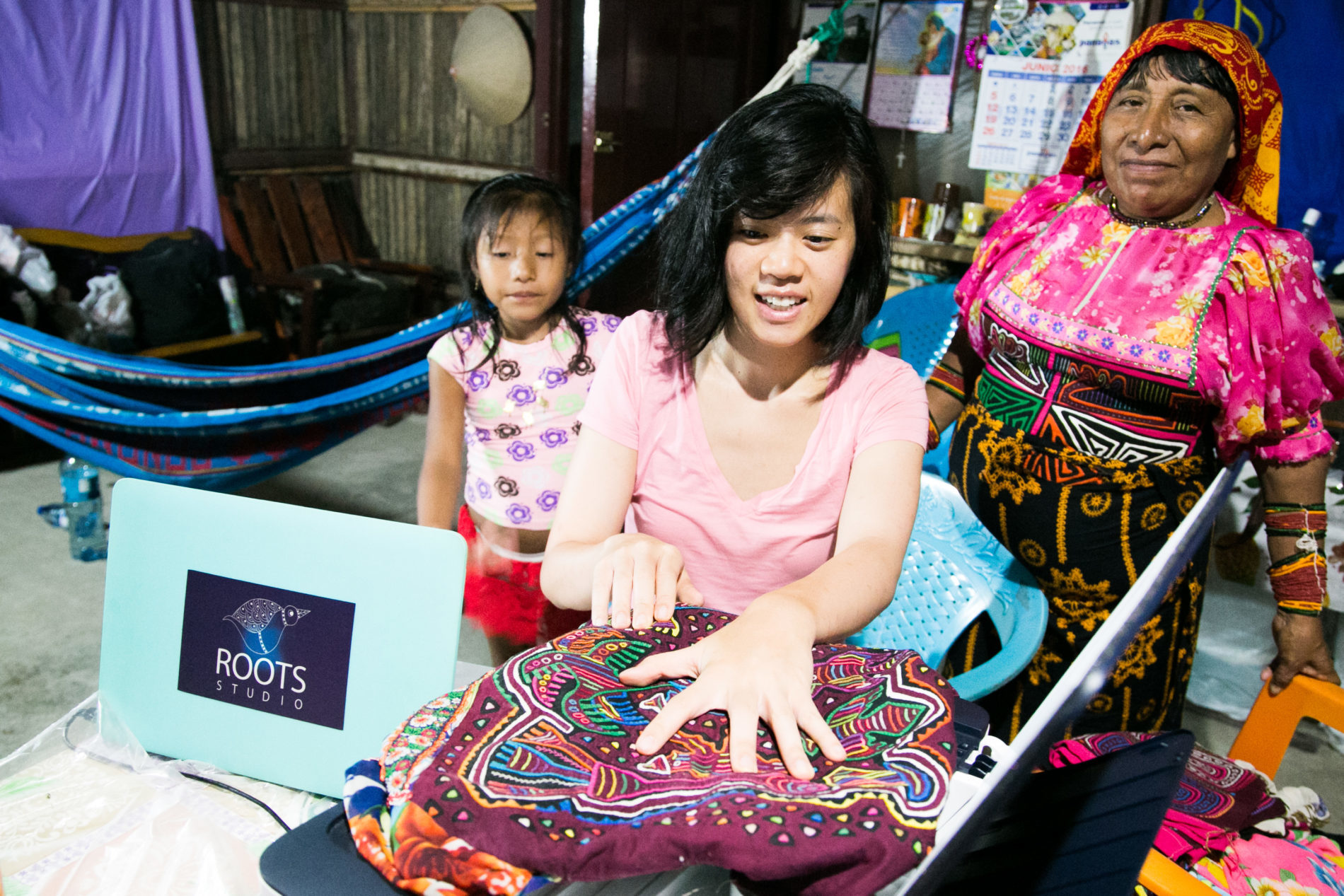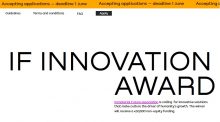Immaterial Future Association spotlights CultTech entrepreneurs through its new IF Innovation Award initiative
- Immaterial Future Association announced 6 startup finalists of the IF Innovation Award
- The finalists represent 6 countries from the Americas and Europe. The winner will be announced on September 4 at the Award ceremony in Vienna and will receive a €50,000 investment for their business.
- The discussions at the Award ceremony will shine a light on the state of impact investing in culture and creative industries, as well as the barriers and enablers for sustainable solutions in this space
Learn more about the IF Innovation Award here.
The Award celebrates the most inspiring entrepreneurs offering new bold solutions in the field of CultTech*. This year 165 startups from 52 countries participated in the competition by submitting projects that leverage technology and create new business models for culture and creative industries. Six finalists – startup teams from the Netherlands, US, UK, Brazil, Luxembourg, and Germany – will pitch their ventures to an international jury panel and compete for €50,000 in non-equity funding.

img. Floatscans
The finalists offer solutions that develop new business models that give culture financial independence or create distribution models that allow wide access to cultural experiences while upholding their authenticity. With a loss of 31% of its turnover[1], the cultural and creative economy is one of the most affected in Europe by the COVID-19 pandemic. Now it is vital to fund and support technological solutions and impact ideas that will help the industry build back in the most sustainable way.

img. Scan the World
This year’s IF Innovation Award finalists are:
- FloatScans (Netherlands). Proprietary 3D scan technology that makes it possible to bring real-world objects to life digitally. The core focus is on art and cultural heritage, in which 95% of the objects are stored away or not publicly visible. With this technology, museums and galleries may unlock their full collections independent of available space + monetize collections by developing new business models.
- ArtMe (Brazil). A platform (mobile app) where ArtCasets (stories, art descriptions and exhibition tours) can be submitted and translated into 19 languages. Content can be provided by the community with no museum censorship. ArtMe can be used to discover artworks within a city, making visits to museums and galleries even more pleasant.
- Scan the World (UK). With over 18,000 objects online, it’s the largest digital museum of 3D printable cultural artefacts. It’s a community-built, open-source project archiving objects of cultural significance using 3D scanning and 3D printing technologies. Cultural institutions, heritage boards, and private collectors may use the 3D solution to generate new revenue streams: gift shops (selling high-quality facsimiles and merchandise), 3D scanning, and printing on demand.
- Roots Studio (US). Works with indigenous and minority artists globally to digitize their unique and endangered heritage arts into new fashion and home products, through a model that can financially support their livelihoods, communities, and traditions. The model of the startup may be interesting for ethnic artists and collectors of ethnic fine arts.
- Firstrow (Germany). A VR distribution platform that enables performing arts companies and venues in the culture sector to monetize their production through digital (VR) showcasing. The distribution platform is augmented by a home delivery service offered for consumers who don’t possess their own VR device.
- ANote Music (Luxemburg). A marketplace for investing in music royalties. It enables publishers, record labels, and artists to list a portion of their royalty stream rights up for auction, introducing a new system of financing, as well as offering music enthusiasts and investors a new opportunity and the chance to own shares in their favorite music, thus turning music into an alternative asset class.

img. Firstrow
Composed of six members, the IF Innovation Award jury represents a group of visionaries in the fields of arts, technology and venture capital:
- Oliver Holle, Сhairman of the IF Innovation Award jury panel, Founder and Managing Partner of Speedinvest, a leading European early stage venture fund.
- Philip Ginthör, Digital entrepreneur and investor, former CEO of Sony Music for the DACH region, board member of Bonnier Media (Germany).
- Thierry Baujard, Founder and CEO of Media Deals, a pan-European investment network focusing on the creative industries, active member of the EU’s ‘Creative Shift’ initiative;
- David Yang, Founder of ABBYY, Co-Founder of Yva.ai, a pioneer of Artificial Intelligence;
- Dmitry Aksenov, Founder and President of the Immaterial Future Association;
- Pierre-François Marteau, Board Secretary of the Immaterial Future Association.
Following the pitch session the program will feature a panel discussion on impact investing in culture and creative industries with representatives of the leading social innovation organizations in Europe including Impact Hub Vienna, and the European Venture Philanthropy Association (EVPA).

img. Roots Studio
[1] According to the January 2021 report by EY.
About Immaterial Future association
Immaterial Future (IF), a Vienna-based non-profit association, is established in 2021 to shift our world’s growth model towards intangible production and consumption, with culture as main vector of change. It aims to leverage culture’s huge untapped potential to positively impact every single human, breaking away from its elitist confines and becoming more accessible to all.
For more details please visit https://immaterialfuture.org



 If you have interesting news and events to point out in the field of digital cultural heritage, we are waiting for your contribution.
If you have interesting news and events to point out in the field of digital cultural heritage, we are waiting for your contribution.
























